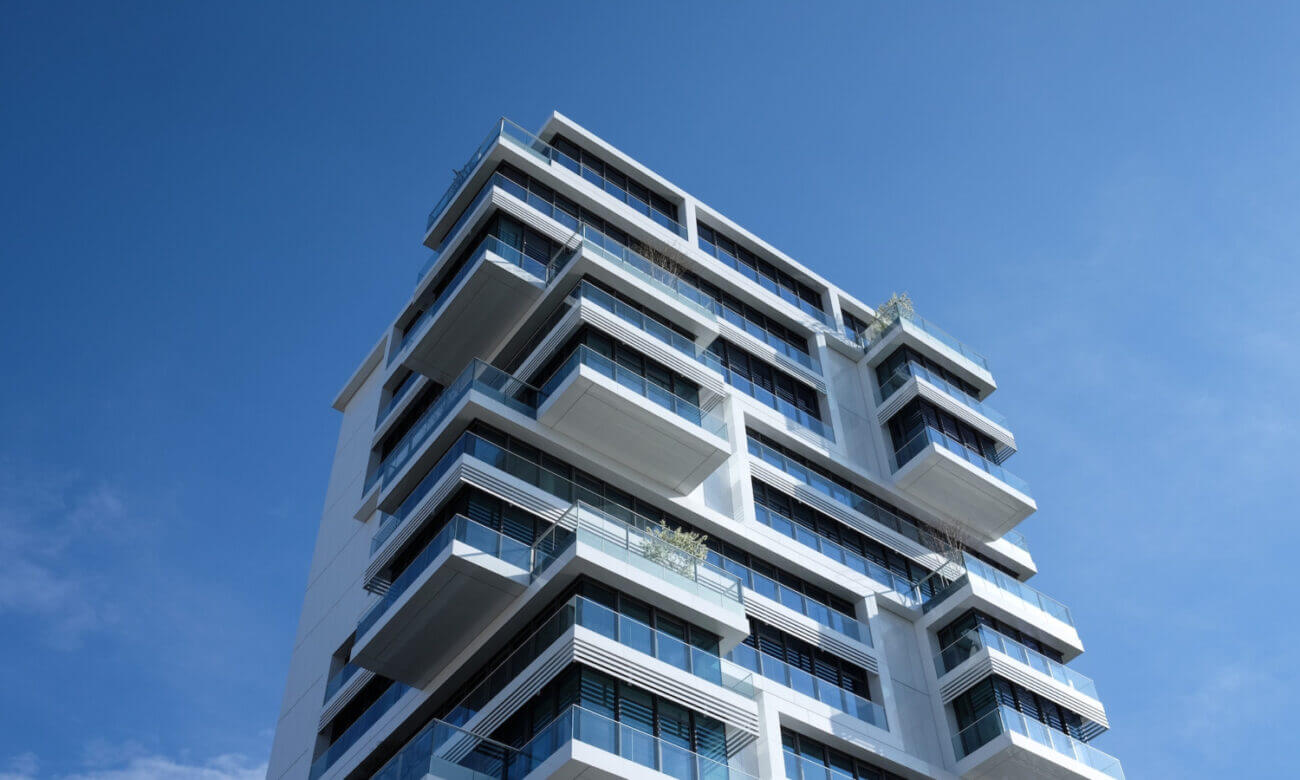| Expense | Amount |
|---|---|
| Purchase price | $500,000 |
| Land transfer tax | $6,475 |
| Legal fees | $1,695 |
| Down payment (20%) | $100,000 |
| Mortgage amount (amortized over 25 years) | $400,000 |
| Mortgage rate | 4.5% fixed |
| Total mortgage interest over 25 years | $264,168 |
| Property value appreciation (annual average) | 3% |
| Monthly rental income (rising at 2% annually) | $2,000 |
| Annual property tax | $3,000 |
| Monthly condo fees | $250 |
| Average miscellaneous annual costs (insurance, realtor fee to find a tenant, occasional vacancy; these could significantly vary from year to year) | $2,000 |
The rental income comes to $24,000 in the next year, while the mortgage payments are $26,567 and the other expenses total $8,000.
Do the math and you can see this property runs cash-flow negative by $10,567 over the next year (about $881 per month). Sounds brutal, right?
If we assume the investor does not claim depreciation on the property, there is also tax payable on the net rental income each year. Depreciation—called capital cost allowance (CCA)—can be used to bring your net rental income down to $0, but not to create a loss. However, upon sale of the property, your previously claimed CCA is brought into income and typically taxed at a high tax rate.
The mortgage principal payments of $8,914, over the first year of the mortgage, are not tax deductible. Only rental property interest can be claimed on your tax return. So, the property has a small loss of $1,653 for the year for tax purposes.
A rental loss can reduce your other income and result in a tax refund. Tax savings based on a 35% tax bracket (about average at $75,000 of income across the country) would be $579. That means the owner has a net cash-flow outlay of $9,988 for the year to carry the rental property after the tax refund.
For this property to be cash-flow neutral, with rental income covering the expenses and the mortgage payments (assuming a 25-year amortization), an investor would need a down payment of about $259,000 or 52%.
Other financial considerations besides cash flow
There are other considerations. Cash flow alone is not necessarily the best way to assess the numbers. Here is how I would evaluate the property as an investment.
With a purchase price of $500,000, the property actually costs $508,170 including land transfer tax and legal fees. If the property’s value grows, at 3%, to $515,000 after the first year, and the $400,000 mortgage is paid down to $390,325, that means $124,675 of net equity.


